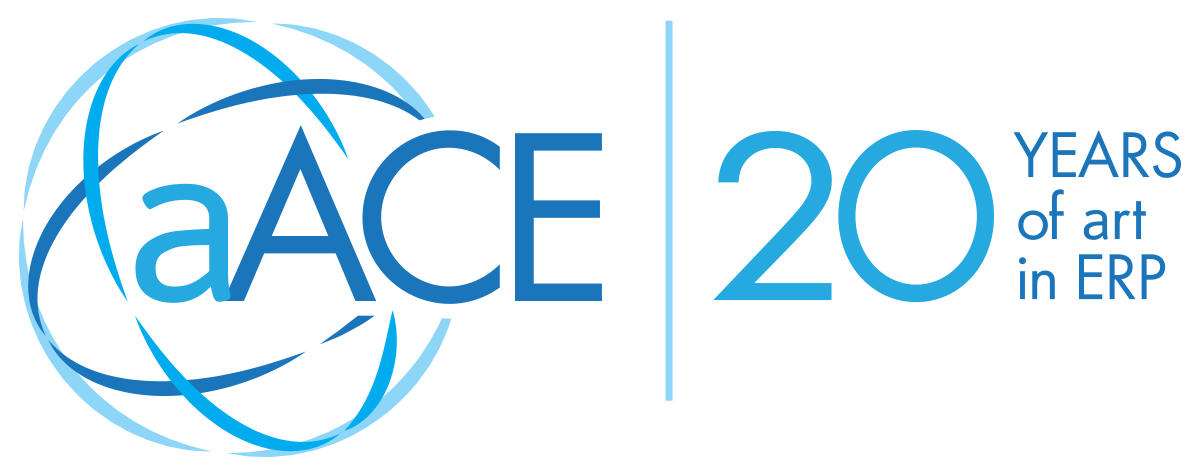The Inventory Tightrope: Keep Your Balance with FileMaker Custom Apps
The ideal warehouse situation is a perfectly balanced inventory, where your stock levels are always just right. Never a surplus and never a shortage. You might think this warehousing zen-state is fictional, just like Goldilocks who made the 'just right' balancing point so famous. And while there's no superpower or mystical kung-fu that can create the perfect balance for you, there is some pretty smart tech to help out. The free FileMaker Inventory Management ebook is one such asset.
In a smart inventory process, the warehouse is less a location filled with static objects, more a dynamic element in your business. Your storage tells a story; it describes your cash flow. Hopefully each purchase on your shelves is at a temporary resting point on the way to a profitable transaction with your customers. In this view, your warehouse is vital for customer satisfaction. The FileMaker ebook highlights how inventory forecasting can be a powerful tool for fulfilling customer expectations. Likewise, it points out how the right inventory tracking methods can help you identify pricing imbalances.
Another piece of valuable information found in the Inventory Management ebook is the comparison of various types of tools you can use for monitoring your supply chain. FileMaker provides an easy summary of the benefits and drawbacks of solutions that are old-tech, low-tech, package-tech, tech-from-scratch, and just-right tech:
Pen and Paper — It's hard to imagine where these items fit into modern inventory management. But they're available when nothing else is.
Spreadsheets — A more plausible solution when you're starting out. Spreadsheets excel when your company and your inventory are small. The software is cheap, familiar, and easy to use. Plus if you spend the time, you can create some fairly sophisticated calculations. The drawbacks however are significant. Tracking your stock via spreadsheet can be done when you're starting out, but most growing companies quickly reach the point of diminishing returns. Data that is error-prone, stale, and isolated can only help so much.
Packaged Software — For companies not focused on software, the realization that spreadsheets aren't working anymore often defaults to this channel. Companies ranging from light manufacturing to wholesale distributors to professional services may immediately begin looking for an inventory management system to buy. This can be a helpful interim measure, quickly putting a secure, scalable system into place. And with some extra effort, the package might even integrate with other company systems (i.e., accounting, CRM, ERP). Troubles arise when you realize that the software is one-size-fits-all...sort of. After all the time and effort to deploy it, companies often discover they purchased features they don't really need, while the functionality that actually is provided forces them to become business contortionists, rearranging the processes to fit the tool.
Software from Scratch — For software companies, this may seem like the natural route. If your job is to create technical tools for people, you might as well create them for yourself. The up-side of this is that you get exactly what you need. However, as every company that develops software can tell you, creating a digital tool from scratch is a lengthy process and requires significant resources. It can become very tricky to balance your perfect internal app with your profit margins from external clients.
Custom App on Robust Platform — The best of both worlds is often found in the niche between two well-known options. For inventory management tools, this golden mean is a FileMaker custom application. Using an existing, easy-to-learn code platform, you can craft a tool designed around your precise business needs. And results are available at lower costs and shorter time-frames. Your targeted app can be deployed in many settings and integrated with existing software. It's reliable and secure. For small and mid-sized businesses who want a great balance of centralized information and agile tools, this is often the ideal solution.
The FileMaker ebook goes on demonstrate this conclusion, sharing case studies and testimonials of successful businesses from around the world. Beyond that, they provide an overview of how to begin creating the just-right tool that can help your warehouse operate at just-right levels of inventory. While a personalized app crafted by an in-house citizen developer might not be right for every company, there is a growing number of business owners and inventory management professionals who are leveraging this approach.
One of the most highly rated FileMaker solutions for inventory management, as well as other business operations needs, is aACE. This robust yet affordable suite offers a compelling alternative for businesses dependent on open-source solutions like xTuple, browser-based solutions like NetSuite, or client/server solutions like QuickBooks, Dynamics, and Sage. aACE 5 offers on-site and cloud-based hosting, cross-platform support for Mac and Windows, plus easy customization. To jump-start your custom app development, you can start from this powerful framework that integrates your business from quote-to-cash.










